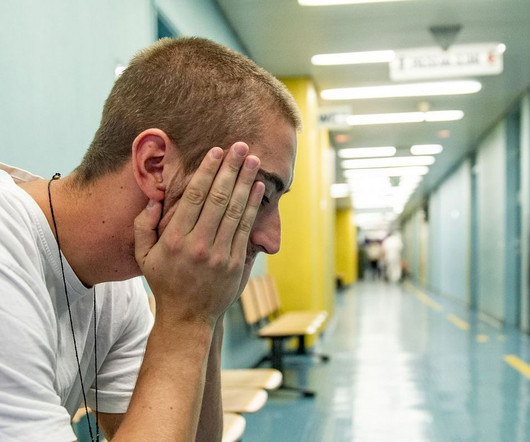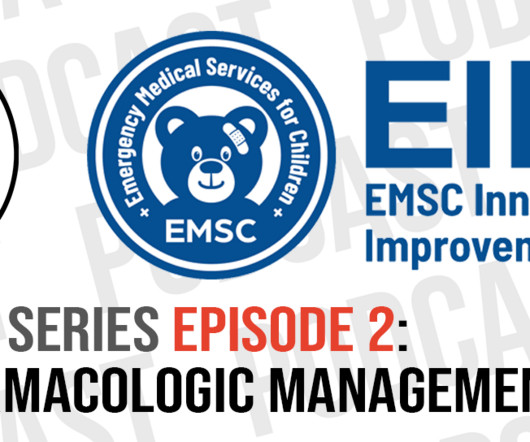How Mental Health & SUD Bias Impact ED Physical Care
Physician's Weekly
JUNE 19, 2025
Mental health and SUD bias impact the quality of ED care that patients with these conditions receive for physical health concerns, according to research. What the Patients Said According to the study, three key themes emerged: Negative encounters dominated. Systemic strain was obvious.






















Let's personalize your content